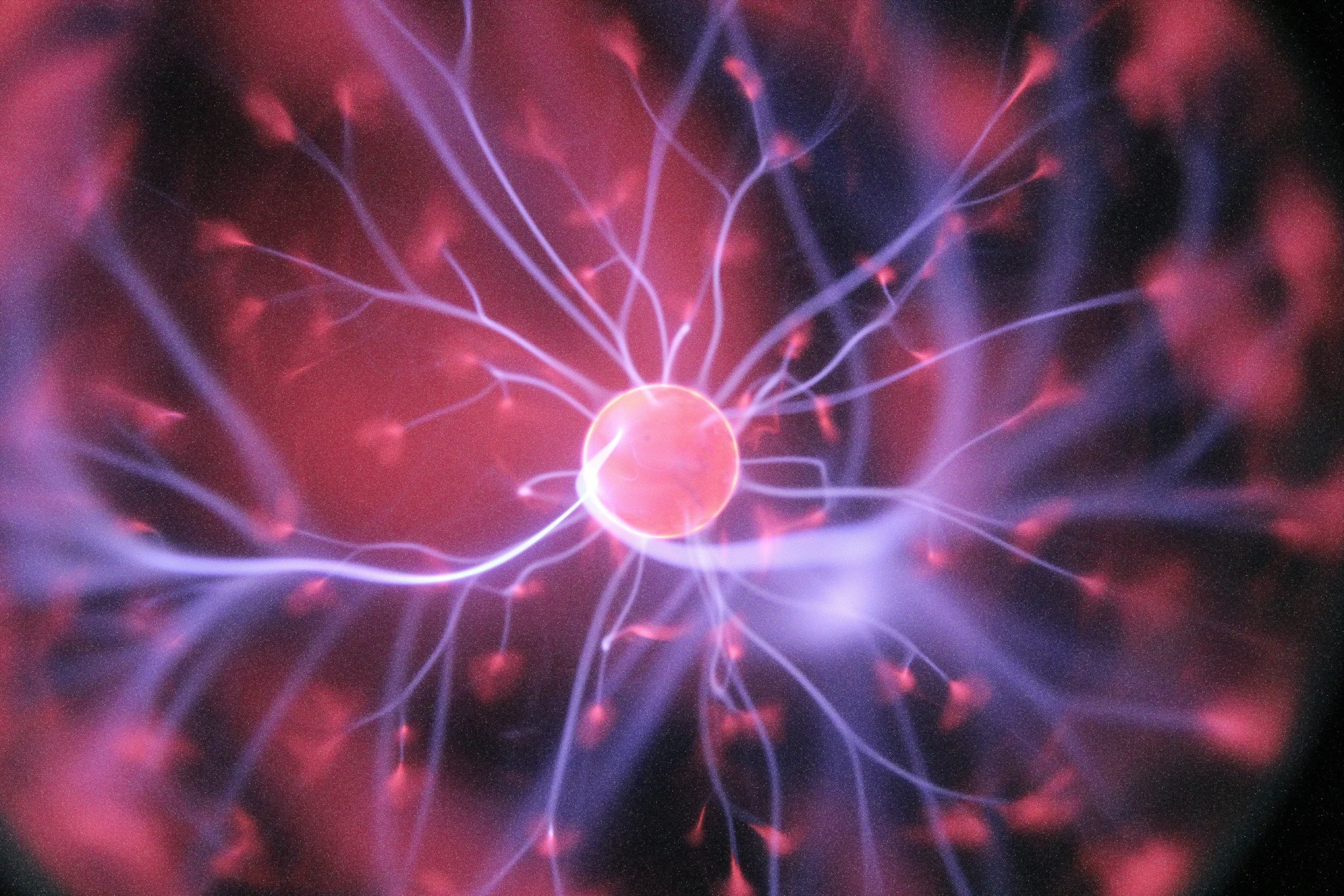Our Approaches to Individual Therapy
When you're looking for meaningful change, the how matters. I use three trauma-informed, research-backed therapy approaches—Brainspotting, Internal Family Systems (IFS), Neuroaffective Relational Model (NARM) and Emotionally Focused Therapy (EFT)—to help you heal deeply and reconnect with your sense of self, your relationships, and your life.
Each of these approaches supports healing in a different but complementary way. Together, they help you move from surviving to truly living.
Neuroaffective
Relational Model
Healing from Developmental Trauma
The NeuroAffective Relational Model (NARM) is a cutting-edge approach to healing complex and developmental trauma. Unlike traditional talk therapy that focuses solely on the past, NARM helps clients reconnect with their sense of self in the present. It’s designed to address the impact of early relational experiences—like neglect, abandonment, or inconsistent caregiving—that shape how we relate to ourselves and others.
In our work together using NARM, we explore patterns of disconnection—such as shame, self-criticism, or emotional numbing—with curiosity and compassion. Rather than reliving painful memories, NARM helps you build greater self-awareness, emotional regulation, and a deeper capacity for connection. It’s a powerful, gentle approach to supporting your nervous system, strengthening your sense of agency, and creating meaningful, lasting change.
Attachment-Focused EMDR at Grounded Growth Counseling
Healing Through Attunement, Safety, and Connection
Our approach to Attachment-Focused EMDR goes beyond standard trauma treatment. Rooted in the work of Dr. Laurel Parnell, this method centers on the power of attuned connection between therapist and client to create deep emotional safety, the foundation for lasting healing.
Unlike traditional EMDR, which can feel clinical or mechanical to some, Attachment-Focused EMDR is warm, relational, and deeply resourcing. We take time to build trust and support your nervous system before moving into any trauma processing. You'll be guided to develop and strengthen internal resources, like nurturing figures, protective images, and wise guides—that anchor you in safety, confidence, and calm.
From there, we gently work through painful memories, always attuned to your pace and capacity. The goal isn't just to desensitize old wounds, but to actually repair them, replacing isolation with connection, shame with self-compassion, and overwhelm with grounded strength.
Whether you're navigating the impact of childhood emotional neglect, attachment injuries, or more recent relational trauma, Attachment-Focused EMDR can help you rewire your nervous system for safety, connection, and growth.
This work is especially helpful for people who:
Struggle with self-worth despite success
Feel stuck in relational patterns they can't explain
Have tried talk therapy and still feel unresolved
Crave deeper emotional healing but want to feel safe doing it
We begin with care, stay present through every step, and tailor the process to your unique attachment history and healing goals.
Internal Family Systems
Healing From the Inside Out
Internal Family Systems (IFS) is a gentle, respectful therapy approach that sees you as made up of many different “parts”—each with its own feelings, beliefs, and roles. Some parts might protect you, some carry pain, and some may feel stuck or scared. But all parts have a reason for being there.
What IFS Helps With:
Trauma and childhood wounds
Inner criticism or self-sabotage
Anxiety, depression, shame
Low self-esteem or feeling “not good enough”
Difficulty making decisions or trusting yourself
Why It Works:
In IFS, we don’t try to get rid of parts—we get to know them, understand them, and help them heal. As your parts begin to feel seen and supported, your core Self—a calm, confident, compassionate center—can lead your inner system with clarity and strength.
Brainspotting
Healing Trauma Through the Body and Brain
Brainspotting is a brain-body therapy that helps you access and process trauma, stress, and emotional pain that may be stuck beneath the surface. It uses eye position to locate “brainspots”—places where your brain and body hold unprocessed experiences.
What Brainspotting Helps With:
PTSD and complex trauma
Anxiety and panic
Chronic stress or burnout
Performance issues (athletes, creatives, professionals)
Emotional numbness or overwhelm
Why It Works:
Unlike talk therapy alone, Brainspotting bypasses the thinking brain and works with the deeper parts of the brain involved in memory, emotion, and instinct. This allows you to process and release trauma at its root—without needing to relive it in detail.



